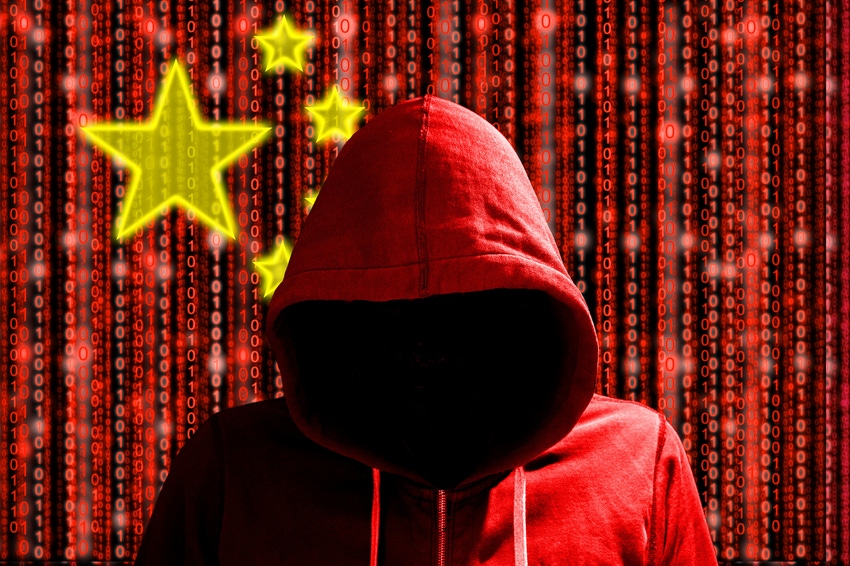US and EU form special tech trade club that China isn't allowed into
Following on from the G7 Summit the US has recruited the EU into its anti-China campaign by establishing a new tech trade council that will further isolate Beijing.
June 16, 2021

Following on from the G7 Summit the US has recruited the EU into its anti-China campaign by establishing a new tech trade council that will further isolate Beijing.
The previous US administration had a hard time going from one EU member state to the next, cajoling them – with mixed results – into banning Huawei and ZTE. The new guy is taking a much more subtle approach, bringing the whole of the EU in one fell swoop into an exclusive, high-level club that doesn’t explicitly go after Chinese tech companies, but will nonetheless act as a counterweight to China’s tech sector.
It is called the US-EU Trade and Technology Council (TTC). It has been given an extremely broad brief that aims to strengthen transatlantic cooperation in several areas including but not limited to technology standards, R&D, regulatory policy, trade, and supply chains.
“The TTC will initially include working groups with agendas focused on technology standards cooperation (including on AI, Internet of Things, among other emerging technologies), climate and green tech, ICT security and competitiveness, data governance and technology platforms,” said a statement from the White House late on Tuesday.
Unsurprisingly, supply chains – in particular the current shortage of semiconductors – is one of the TTC’s most pressing priorities.
“We commit to building a US-EU partnership on the rebalancing of global supply chains in semiconductors with a view to enhancing US and EU respective security of supply as well as capacity to design and produce the most powerful and resource efficient semiconductors,” the White House said.
While the lengthy statement doesn’t actually name-check China, it is clear who the TTC thinks ‘the baddies’ are.
For instance, the exhaustive list of initial focus areas also includes “the misuse of technology threatening security and human rights, export controls, investment screening, promoting SMEs’ access to, and use of, digital technologies, and global trade challenges.”
In case there is still some doubt that the TTC has not been founded to stand in opposition to China, the statement is sprinkled with many more not-so-subtle hints.
“We resolve to stand together to protect our businesses and workers from unfair trade practices, in particular those posed by non-market economies that are undermining the world trading system,” the White House said.
“We plan to cooperate on the development and deployment of new technologies based on our shared democratic values, including respect for human rights, and that encourages compatible standards and regulations,” it continued.
The establishment of the TTC came as music to US Internet giants’ ears.
The EU has been taking measures in recent years to curb the dominance of players like Google, Facebook and Amazon. While the White House officially stated that the TTC will be “without prejudice to the regulatory autonomy of the United States and the European Union and will respect the different legal systems in both jurisdictions,” it also has to balance that with removing barriers to trade, which doubtless opens opportunities to lobby against regulation on behalf of US-based Internet companies. Furthermore, in parallel with the TTC, the US and EU will form the Joint Technology Competition Policy Dialogue, enabling the two blocs to work together on competition policy and enforcement.
“The Internet industry welcomes the creation of the US-EU Trade and Technology Council to address many of the most important issues facing the modern global digital economy, including facilitating the free flow of data, eliminating existing and emerging digital market access barriers, and addressing future approaches to digital policy,” the Internet Association (IA) said, in a statement.
Indeed, the IA has been calling for the creation of just such a club since January.
“The EU remains one of the top markets for US digital exports and the largest provider of digital services to the US economy,” the lobby group said. “The TTC is an important step towards ensuring that digital policy on both sides of the Atlantic facilitates the continued growth of our shared economies by jointly addressing our most challenging issues.”
With the lines between ‘us’ and ‘them’ being drawn even more distinctly, it begs the question: will we see a return to fragmented, localised standards in the mobile industry?
About the Author(s)
You May Also Like








.png?width=300&auto=webp&quality=80&disable=upscale)


_1.jpg?width=300&auto=webp&quality=80&disable=upscale)


.png?width=800&auto=webp&quality=80&disable=upscale)